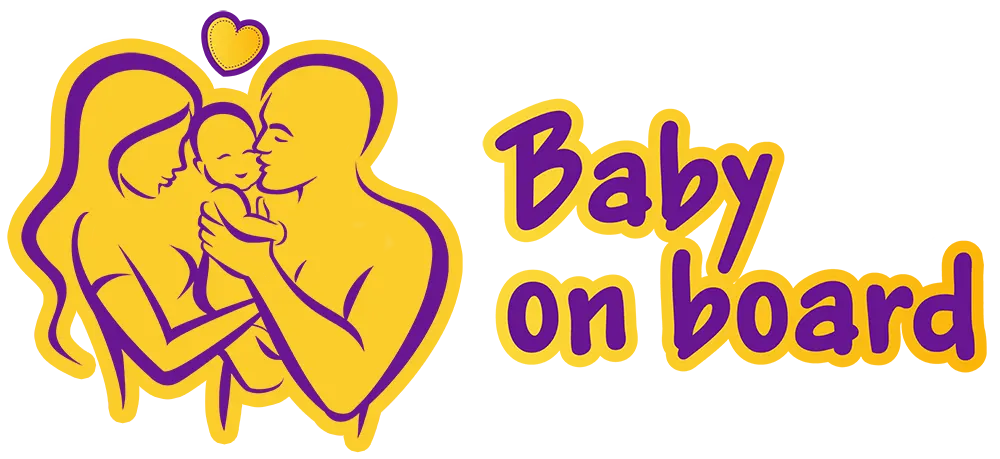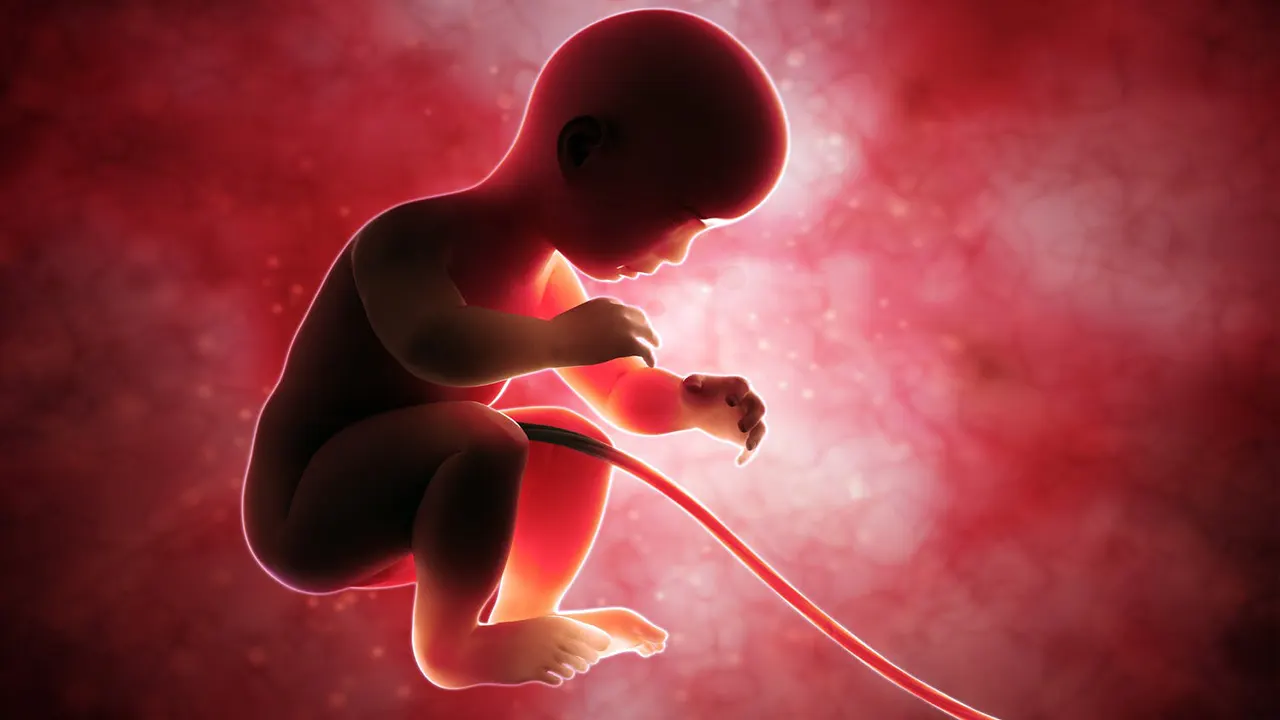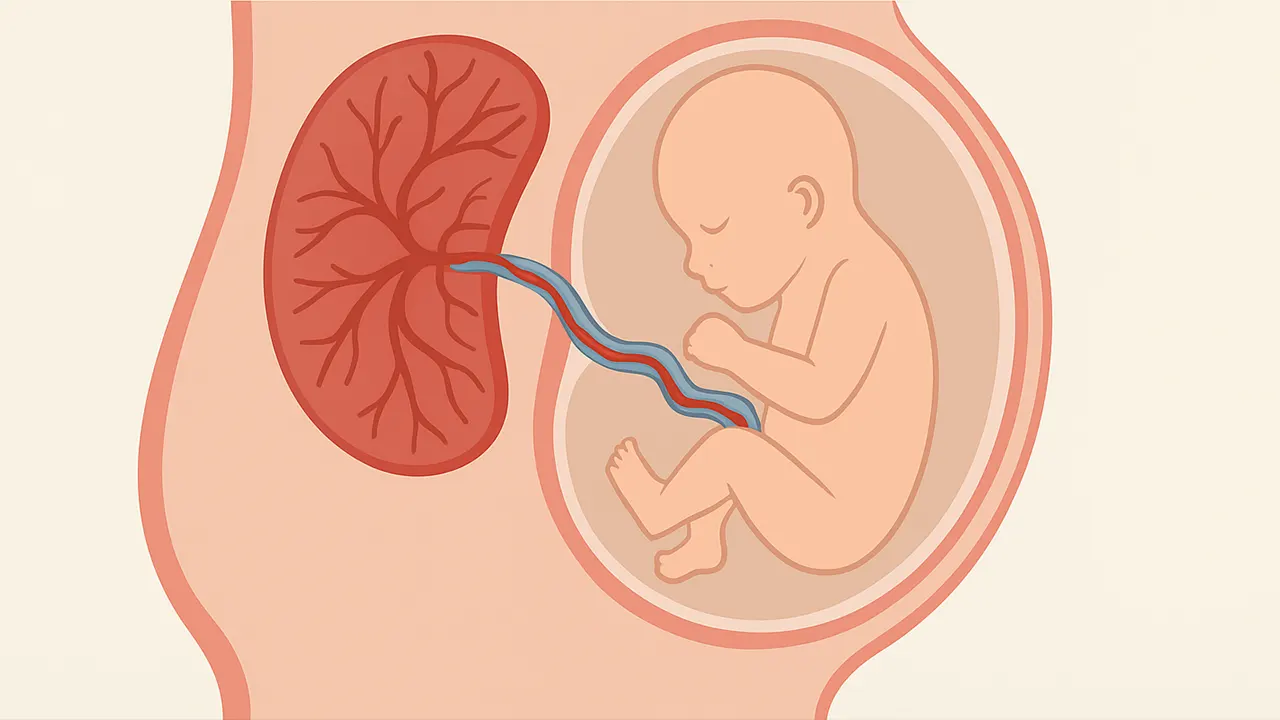In the realm of assisted reproductive technologies (ART), egg donation has emerged as a beacon of hope for individuals and couples grappling with infertility. Ukraine, with its progressive legislation, advanced medical facilities, and relatively affordable costs, has become a prominent destination for those seeking egg donation services. This comprehensive guide offers an in-depth analysis of egg donation in Ukraine, covering legal frameworks, eligibility criteria, the donation process, ethical considerations, success rates, risks, aftercare, and support services.
Legal Framework and Regulations
- Legislation: Ukraine boasts some of the most liberal laws concerning ART globally. Unlike many other countries, it lacks stringent regulations, making it an attractive destination for individuals seeking fertility treatments.
- Anonymity: Anonymity is a fundamental aspect of egg donation in Ukraine. Both donors and recipients have the option to remain anonymous, safeguarding privacy and minimizing potential future complications.
- Rights of Donors: Ukrainian law mandates that egg donors relinquish all rights to any offspring conceived from their donated eggs. This legal clarity ensures that donors have no legal or financial responsibilities towards any resulting children, providing reassurance to both parties involved.
- Ethical Oversight: While Ukraine offers a conducive environment for ART procedures, there are ethical guidelines in place to ensure the well-being and autonomy of all parties involved. These guidelines encompass informed consent, confidentiality, and respect for the dignity of donors and recipients.
Eligibility Criteria and Screening Process
- Age: Egg donors in Ukraine typically range from 18 to 35 years old. This age bracket is chosen to optimize the quality of donated eggs and ensure the donor’s reproductive health.
- Health Screening: Donors undergo rigorous medical and psychological screenings to ensure they are physically and mentally fit to donate eggs. These screenings encompass tests for infectious diseases, genetic disorders, reproductive health assessments, and psychological evaluations.
- Medical History: Detailed medical histories are obtained from egg donors, covering aspects such as family medical background, previous pregnancies, reproductive health, lifestyle factors, and any medications or substances used.
- Genetic Screening: Genetic screening may also be conducted to identify any hereditary conditions that could be passed on to offspring. This proactive approach helps minimize the risk of genetic disorders in any resulting children.
The Egg Donation Process
- Recruitment and Selection: Egg donors may be recruited through fertility clinics, egg donation agencies, or online platforms. Once selected, donors undergo initial assessments to determine their suitability for the donation process.
- Stimulation and Monitoring: Upon selection, donors undergo ovarian stimulation using hormonal medications to induce the development of multiple eggs. Throughout this process, donors are closely monitored via blood tests and ultrasounds to track follicle development and ensure safe and effective egg production.
- Egg Retrieval: When the eggs are deemed mature, they are retrieved through a minor surgical procedure known as transvaginal oocyte retrieval. This outpatient procedure, performed under sedation, involves using a thin needle to aspirate the eggs from the ovaries.
- Fertilization and Transfer: The retrieved eggs are fertilized with sperm, either from the recipient’s partner or a donor, through in vitro fertilization (IVF). The resulting embryos are cultured in a laboratory for several days before being transferred into the recipient’s uterus.
- Cryopreservation: In some cases, surplus embryos may be cryopreserved for future use. This offers flexibility and allows recipients to undergo additional embryo transfers without the need for repeated egg donation cycles.
Ethical Considerations and Donor Compensation
- Informed Consent: Both egg donors and recipients must provide informed consent before proceeding with the donation process. This entails understanding the potential risks, benefits, and implications of egg donation, fostering transparency and autonomy.
- Compensation: Egg donors in Ukraine receive financial compensation for their time, effort, and any potential inconvenience associated with the donation process. However, it is crucial that this compensation is not coercive and does not incentivize donors to take undue risks.
- Autonomy and Agency: Respecting the autonomy and agency of egg donors is paramount. Donors should have the freedom to make informed decisions about their participation in egg donation without coercion or pressure from others, safeguarding their rights and well-being.
- Psychological Support: Donors may also receive psychological support and counseling to address any emotional concerns or anxieties associated with the donation process. This support helps donors navigate the psychological complexities of egg donation and promotes their overall well-being.
Success Rates, Risks, and Safety Measures
- Success Rates: Ukraine boasts high success rates for egg donation, attributed to its advanced medical facilities, skilled professionals, and stringent protocols. However, individual success rates may vary depending on factors such as the age and health of the recipient.
- Risks and Safety Measures: While egg donation is generally safe, it carries certain risks, including ovarian hyperstimulation syndrome (OHSS), infection, and complications from anesthesia during egg retrieval. These risks are mitigated through comprehensive screening, monitoring, and medical intervention protocols.
- Quality Assurance: Fertility clinics in Ukraine adhere to strict quality assurance standards to ensure the safety and efficacy of egg donation procedures. This includes regular audits, adherence to international guidelines, and ongoing professional development for staff.
Aftercare and Support Services
- Follow-up Care: Both egg donors and recipients receive follow-up care and support from fertility clinics post-donation. This may include medical check-ups, counseling, and guidance on future reproductive options, ensuring comprehensive care throughout the process.
- Emotional Support: Egg donation can evoke complex emotions for both donors and recipients. Counseling and support services are available to help individuals navigate the psychological and emotional aspects of the donation journey, fostering resilience and well-being.
- Community and Peer Support: Online forums, support groups, and peer networks provide avenues for donors and recipients to connect with others who have undergone similar experiences. These communities offer invaluable emotional support, camaraderie, and shared wisdom.
Conclusion
Egg donation in Ukraine represents a beacon of hope for individuals and couples worldwide facing infertility challenges. With its progressive legislation, stringent screening processes, ethical standards, and robust support systems, Ukraine continues to attract individuals seeking egg donation services. By understanding the legal framework, eligibility criteria, donation process, ethical considerations, success rates, risks, and support services, individuals can make informed decisions and embark on their egg donation journey with confidence, compassion, and optimism.


